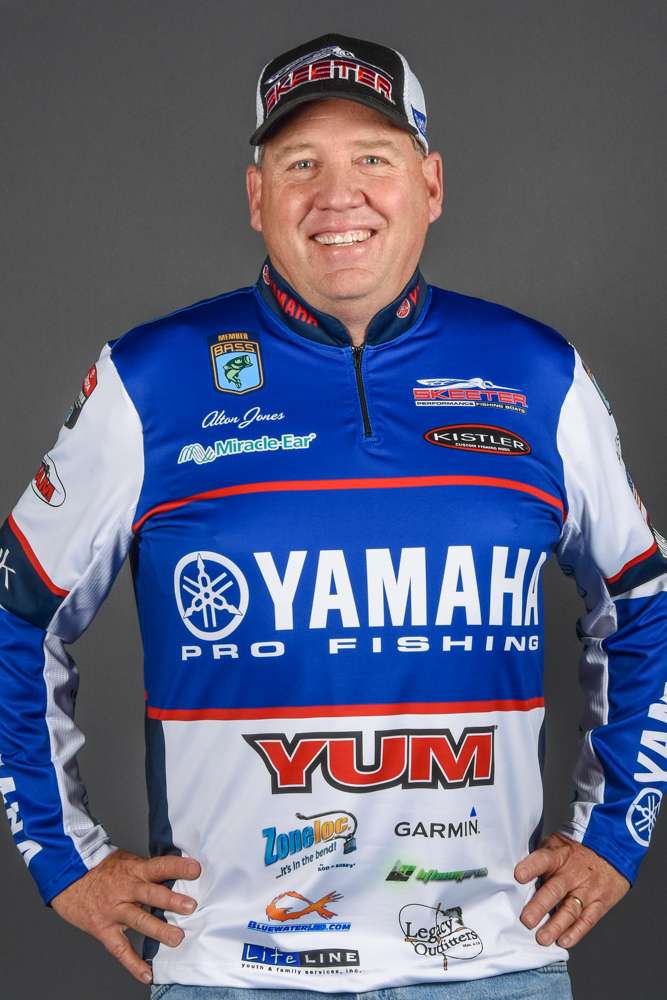It’s the most anticipated time of the year — Classic week! It’s not only the highlight of the tournament year, but the most-exciting way to open the season. If you can’t get your competitive juices flowing for the Classic, it’s time to change your game. This is my 16th trip to the GEICO Bassmaster Classic. I won the 2008 Classic at Lake Hartwell. The record also shows that I took fourth place at Louisiana’s Red River in 2012. I guess those numbers qualify me as a “veteran,” and they probably explain why I field a lot of the same questions as the event gets closer.
One question that slips into the mix at this time of year is: ”What have you done to step up your game this past year?” Another is: “With the competition so intense at the top, what’s the key consistently performing at a level that gives you a shot at winning?”
These are the important questions that good anglers need to ask themselves frequently, whether or not they have a microphone or television camera in front of them. I think the most important principle to follow — not only in fishing, but in any game you want to succeed in — is to never quit learning. You have to realize that there is always a “next level,” always a next step to your growth as an angler, as a competitor, as a person.
For fishermen, that realization has to drive you to spend lots of time on the water, but just fishing is not nearly enough. You must try to pay attention to everything you do and everything around you. Every time you catch a fish under a different set of conditions, you should take a moment to ask yourself:
What are the conditions?
How can I duplicate what I just did?
Was there something subtle in my technique that might have influenced the catch?
What is it about this lure or what I did to it or how I presented it that appealed to the fish?
So much of fishing is paying attention to the details. And, like I said, you must never quit learning! The minute you think you know something about bass, you will find one to prove you wrong. That is the most important principle I have learned. Every time I hit the water, I am out to learn something new. Being naturally curious or naturally competitive helps a lot, but I think you need to constantly remind yourself to do this, to work this into your mindset consciously until it becomes part of your habit, part of your nature.
Sometimes what I learn is a new spot, a new area or a new feature of the lake. Sometimes I am exploring an area I have never fished before. Other times, I am fishing a familiar area in a way I haven’t before.
When I catch a fish or miss a strike, I am studying the water, looking at my sonar, or simply reflecting on what just happened. Pattern fishing is a never-ending puzzle, and I am trying to fit the pieces together.
To compete at the Bassmaster Elite level and remain at the top, I want to come off the water every day with a little more knowledge or a little more skill than I had before I left the dock.
On the other end of the learning spectrum is “confidence.” Being a “jack of all trades, master of none” won’t cut it over the long haul. In competition with the best anglers in the world, you need to master various techniques, and know some lures on such a level that you trust them to deliver when the game is on the line.
My success with the Yum Dinger is well recorded, and it has won me a lot of money. But thinking outside the box with it, finding ways to rig and fish it I hadn’t tried or even suspected is a primary reason it has served me so well. I have caught bass with it that were holding against the bank in 6-inches of water as well as deepwater fish down to 40 feet. I have learned to Texas rig it, wacky rig it, fish it on a football jig and cut it in half to drop shot for smallmouth. And, I continue to find new ways to fish it every season.
The XCalibur Xr Rattle Bait — along with the XrK One Knocker version — is another bait I rely on. I know that any time I’m around vegetation in cold weather, somewhere on that lake is a fish that will bite it. But through the years I’ve also learned not to pigeon hole it as just a cold-water bait. It performs for me all season long.
I always feel that if I am out there long enough and fish hard enough, I’ll figure out the bass in that lake. So often, those two baits factor into my pattern. They are my confidence baits, so I fish them relaxed, so I can focus on learning what the fish are trying to teach me that day.
I’m thinking these things even as I practice for the Classic. Let the learning begin!

